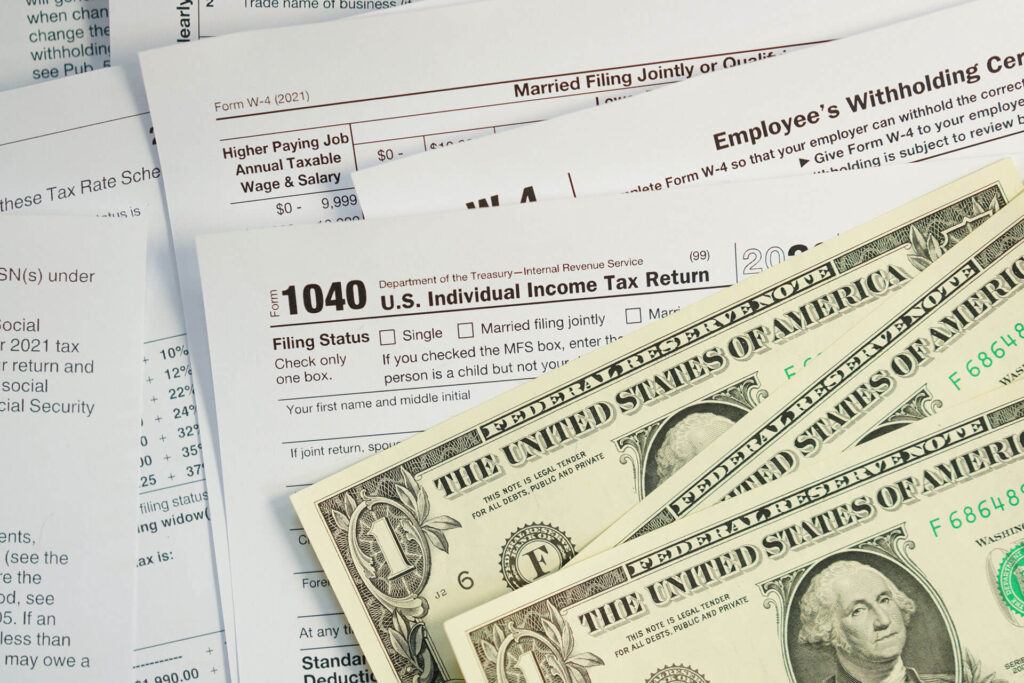Top Tax Deductions for Authors Who Want to Publish a Book
As the publishing landscape evolves, grasping the financial benefits of tax deductions is a game-changer for authors planning to publish in 2026. This comprehensive guide will explore over 20 deductible expenses, equipping you with the knowledge to manage your budget effectively and boost your profitability significantly. Each of these deductions is a potential financial resource, enabling you to optimize your earnings while staying within the bounds of tax laws.
Home Office
If you use a specific area in your home exclusively for writing, you can deduct expenses such as a portion of rent, utilities, and maintenance.
Internet and Phone Expenses
Costs for internet and phone services essential for your writing activities are deductible, considering the percentage used for business purposes.
Supplies and Equipment
Purchases such as computers, software, printers, and office supplies necessary for writing are deductible.
Professional Development
Expenses for attending writing workshops, conferences, or courses that enhance writing skills or industry knowledge.
Travel and Meals
Travel costs for research, book tours, or conferences are deductible. Meal expenses during these travels are deductible up to 50%.
Advertising and Marketing
Costs related to promoting your book, including online ads, promotional materials, and launch events.
Legal and Professional Fees
Fees for agents, accountants, or lawyers related to your writing business.
Copyright Registration
Expenses for registering your work with the Copyright Office.
Editing and Publishing Costs
Costs associated with editing, designing, and publishing your work.
Research Expenses
Expenses for books, subscriptions, and other materials directly related to your projects.
Health Insurance Premiums
Health insurance premiums are deductible if you’re self-employed and not eligible for an employer-sponsored health plan.
Retirement Plan Contributions
Contributions to SEP-IRA, SIMPLE IRA, or other qualified plans can reduce your taxable income.
Bank Fees
Fees related to a business bank account or credit card used solely for business purposes.
Depreciation of Assets
Depreciation of business assets like computers and office furniture.
Software Subscriptions
Annual or monthly fees for software necessary for writing and business management.
Office Rent
The rent is deductible if you rent an office space outside your home exclusively for writing.
Utilities for Office Space
Electricity, water, and other utilities for an office space can be deducted.
Business Insurance
Premiums for business insurance that cover your writing operations.
Mileage
Mileage expenses for traveling to locations pertinent to your writing activities are calculated using the standard IRS rate.
Professional Memberships
Dues for professional organizations related to writing, publishing, or your specific genre.
Identifying as a Business vs. a Hobby: Key Tax Deductions for Writers
The distinction between engaging in writing as a business or a hobby is crucial for tax purposes. This classification affects your ability to deduct expenses and potentially reduce your overall tax liability. The Internal Revenue Service (IRS) scrutinizes this distinction through nine factors, primarily focusing on the profit motive.
Operating in a businesslike manner, possessing the necessary skills for profitability, and devoting time to writing are pivotal. The IRS uses a set of nine factors to determine whether an activity is a business or a hobby. These factors include the manner in which the taxpayer carries on the activity, the expertise of the taxpayer or his or her advisors, the time and effort expended by the taxpayer in carrying on the activity, and the expectation that assets used in the activity may appreciate in value. For example, participation in professional development activities, such as a creative writing workshop, can bolster your argument for being considered a business. Conversely, minimal time investment or significant external income sources could tilt the scales towards hobby classification, limiting deduction opportunities.
The Importance of Profit Intent
Demonstrating a profit intent is paramount. The IRS’s ‘three-out-of-five’ year profit rule serves as a guideline but not an absolute determinant. This rule states that if you have a profit in three out of the last five years, including the current year, the IRS will generally consider your writing activity a business. However, even consistent losses might not automatically relegate your writing endeavors to hobby status if a genuine profit motive can be substantiated. It’s a nuanced evaluation, with individual circumstances heavily influencing the outcome.
Common Pitfalls to Avoid
It’s crucial to avoid the temptation of justifying unnecessary expenses through the lens of tax deductions. Instead, focus on the potential financial benefits of your writing business. By adopting a mindset that prioritizes return on investment over tax savings, you can make more prudent financial decisions. This includes recognizing the limitations of deducting routine or personal expenses, such as local meals or the proverbial coffee-fueling writing sessions, which are considered personal and nondeductible. Conversely, expenses directly related to your writing business, such as research materials or professional development courses, can significantly impact your bottom line.
Final Thoughts
Embarking on a writing career, particularly in retirement, opens a new chapter of creative and financial exploration. The key to successfully navigating this journey is understanding the interplay between your writing activities and the tax implications.
Document Expenses: Keep detailed records of writing-related expenses to ensure compliance and tax deduction eligibility.
- Document Expenses: Keep detailed records of writing-related expenses to ensure compliance and tax deduction eligibility.
- Operate Professionally: Operating your writing activities as a business is not just a suggestion, it’s a strategy that can empower you to take control of your financial future. By running your writing activities professionally, you increase the likelihood of tax deduction approvals and demonstrate your commitment to your writing career. This approach can inspire and motivate you to take your writing career seriously, potentially unlocking rewards far beyond the joy of storytelling.
- Seek Expert Advice: Navigating the complexities of tax laws requires a meticulous and well-documented approach to ensure compliance and optimize your financial returns. Given the substantial investments involved and the nuanced tax landscape, enlisting the services of a Certified Public Accountant (CPA) and an experienced intellectual property attorney is not just advisable- it’s a strategic necessity. Their guidance can provide you with the confidence and assurance you need to navigate tax deductions, copyright law, and business structuring effectively, making you feel reassured and confident in your tax planning.
Remember, navigating the complexities of tax laws requires a meticulous and well-documented approach to ensure compliance and optimize your financial returns. Given the substantial investments involved and the nuanced tax landscape, enlisting the services of a Certified Public Accountant (CPA) and an experienced intellectual property attorney is a strategic necessity. These professionals can provide tailored advice, helping you to navigate the intricacies of tax deductions, copyright law, and business structuring. As you invest more deeply in your writing career, adhering to these principles ensures that your literary passion is a fulfilling pursuit and a financially viable business, potentially unlocking rewards far beyond the joy of storytelling.




